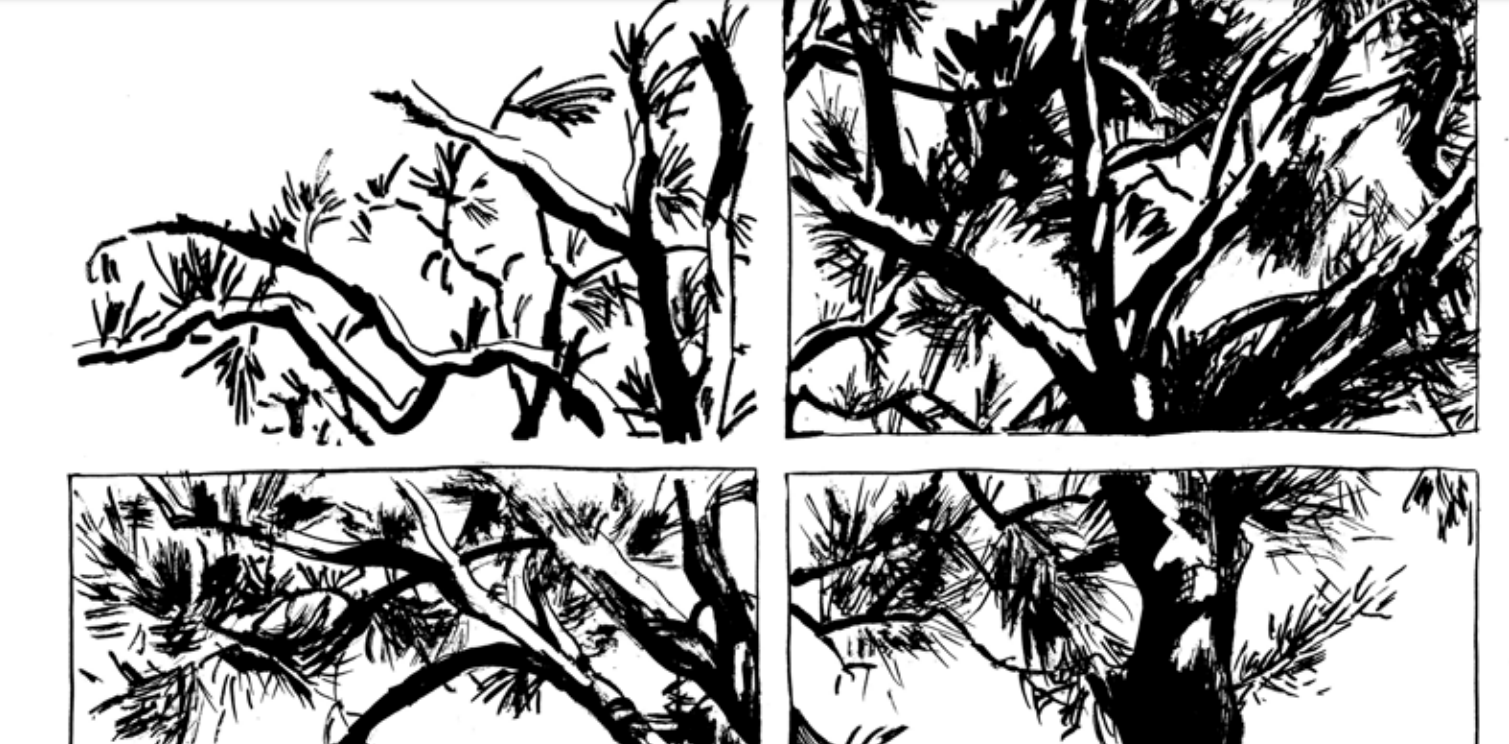

"Through 'The Waiting,' I wanted to address issues related to the importance of family when we're witnessing the breakdown of a traditional family system," the author said during her interview with The Korea Times last year. She then penned the fictional story of Gwija and her separation from her husband and son during their tumultuous refuge-seeking journey to the South.

The revelation of this family secret prompted the author to launch an extensive historical research project and conduct interviews with other families, who had undergone similar tragic experiences of separation. Gendry-Kim's graphic novel was first inspired by her mother's confession when she revealed that she had been separated from her own sister amid the chaos of the war.

The other five competing titles are: "Ballad for Sophie," "Castaways," "Sweet Paprika," "This is How I Disappear" and "Yellow Cab." "The Waiting," first released in 2020 and later translated into English by Janet Hong, is in the running for the prize in the Best International Book category. The Harvey Awards have celebrated quality comic books, graphic novels and manga since its establishment in 1988 to commemorate the literary achievements of Harvey Kurtzman (1924-1993), the American cartoonist, editor and pioneer of the genre. Graphic novelist Keum Suk Gendry-Kim's "The Waiting," which tells the heart-wrenching story of families forcibly separated during the 1950-53 Korean War, has been nominated for this year's prestigious Harvey Awards. Grass is a landmark graphic novel that makes personal the desperate cost of war and the importance of peace.Keum Suk Gendry-Kim's "The Waiting," translated into English by Janet Hong / Courtesy of Drawn & Quarterly Grass is painted in a black ink that flows with lavish details of the beautiful fields and farmland of Korea and uses heavy brushwork on the somber interiors of Lee's memories.The cartoonist Gendry-Kim's interviews with Lee become an integral part of Grass, forming the heart and architecture of this powerful nonfiction graphic novel and offering a holistic view of how Lee's wartime suffering changed her. Keum Suk Gendry-Kim emphasizes Lee's strength in overcoming the many forms of adversity she experienced. Appeared on best of the year lists from The New York Times, The Guardian, and more! Winner of The Cartoonist Studio Prize for Best Print Comic of the Year!Grass is a powerful antiwar graphic novel, telling the life story of a Korean girl named Okseon Lee who was forced into sexual slavery for the Japanese Imperial Army during the Second World War-a disputed chapter in twentieth-century Asian history.Beginning in Lee's childhood, Grass shows the lead-up to the war from a child's vulnerable perspective, detailing how one person experienced the Japanese occupation and the widespread suffering it entailed for ordinary Koreans.


 0 kommentar(er)
0 kommentar(er)
